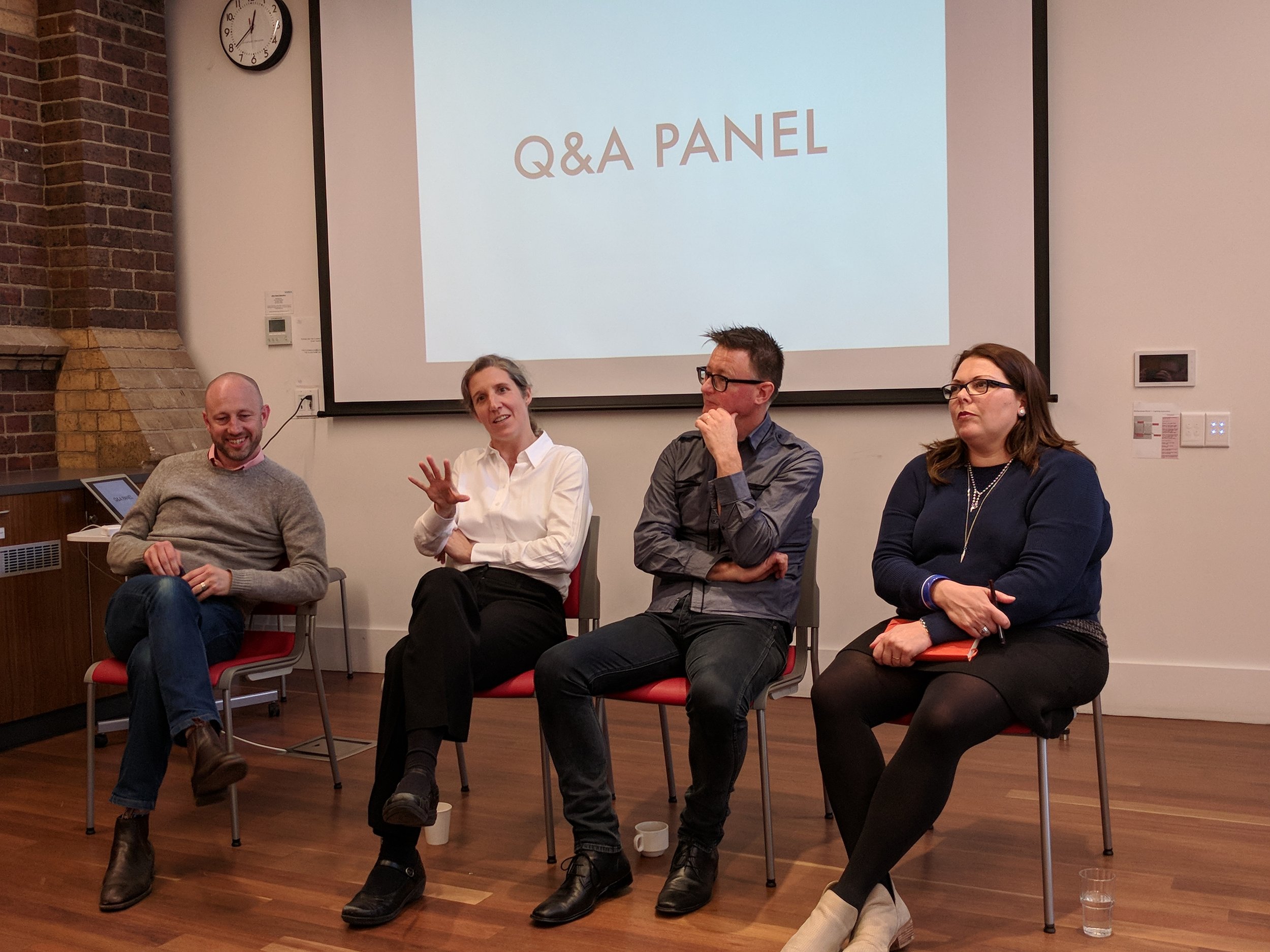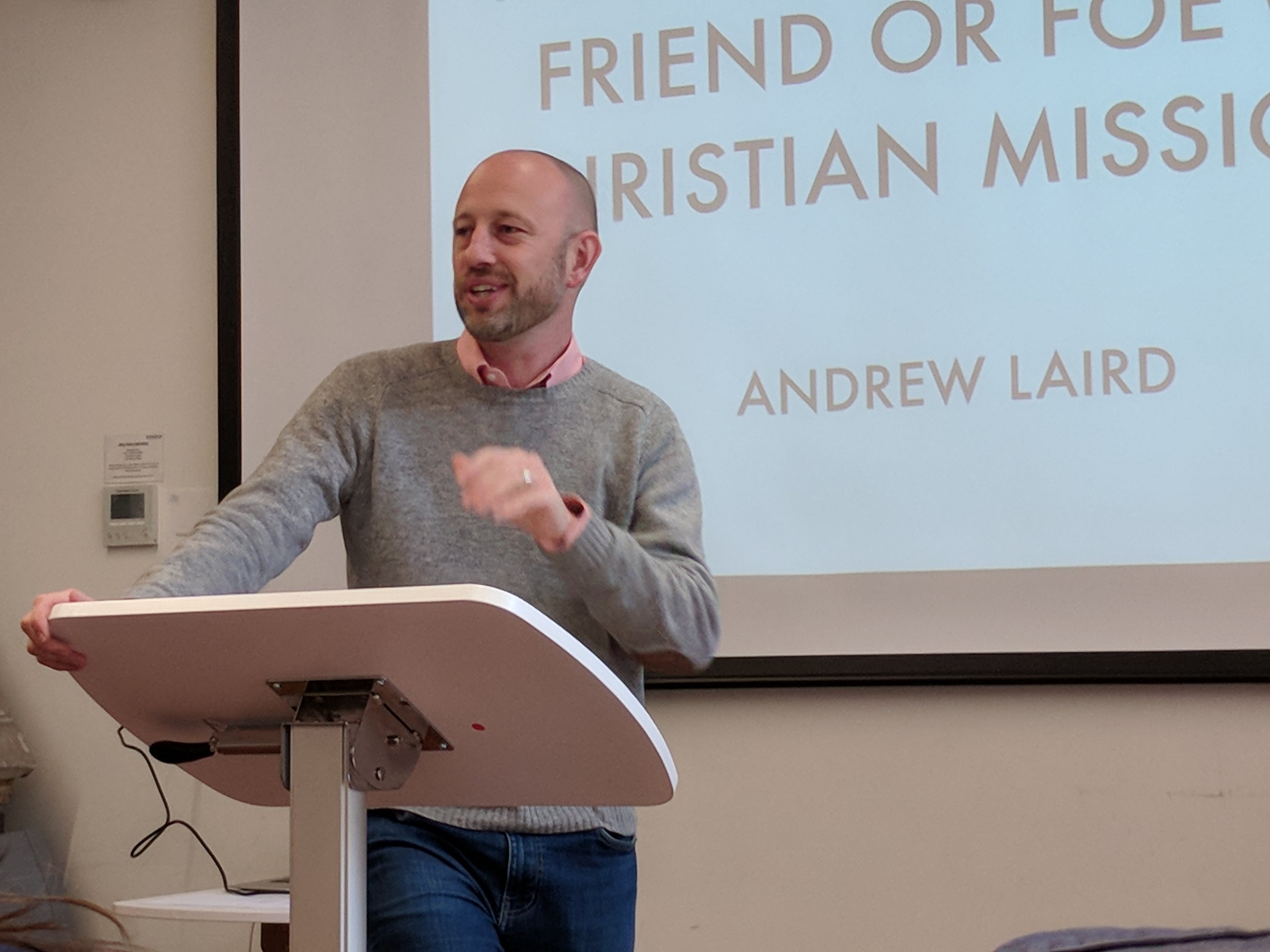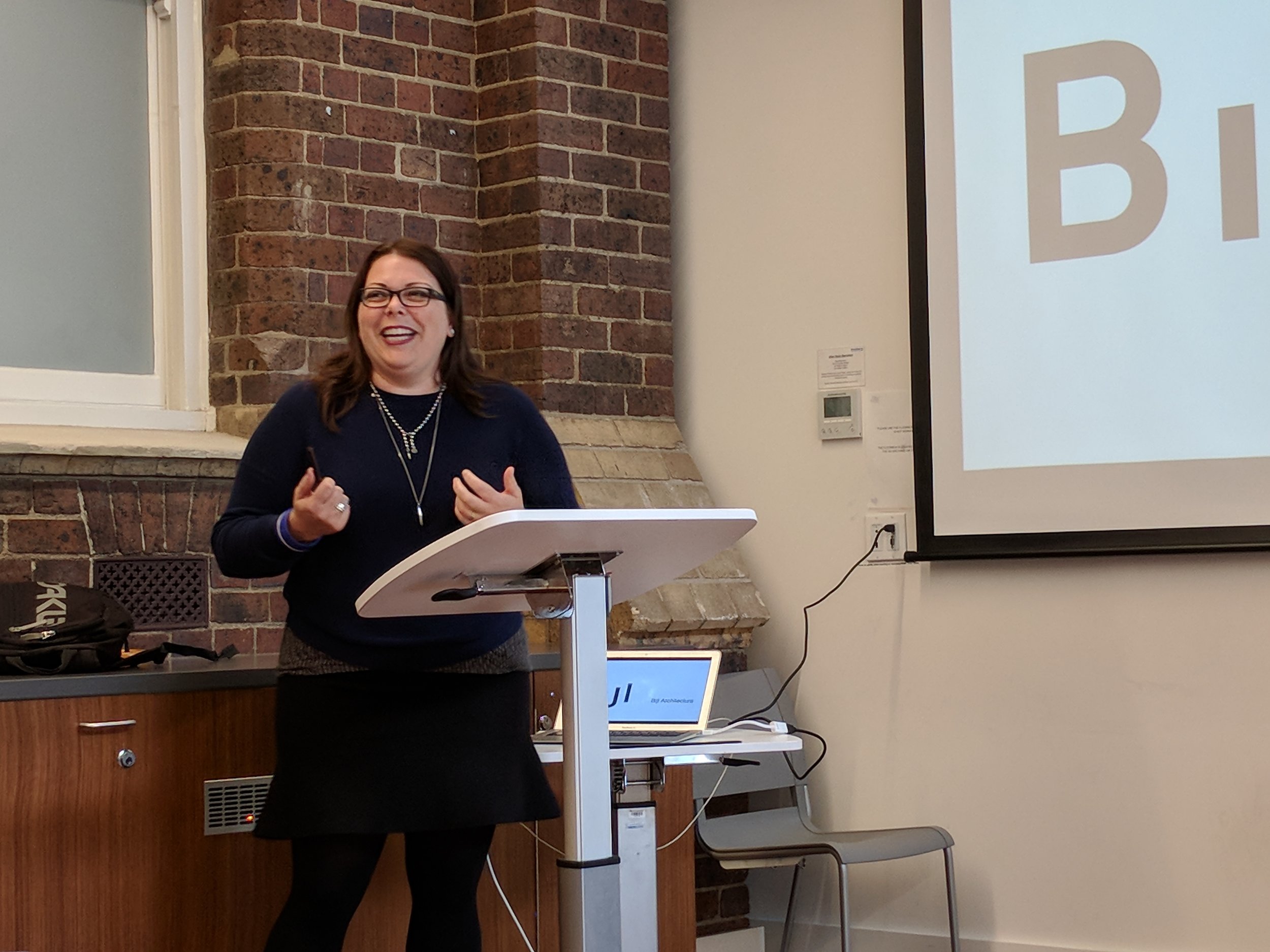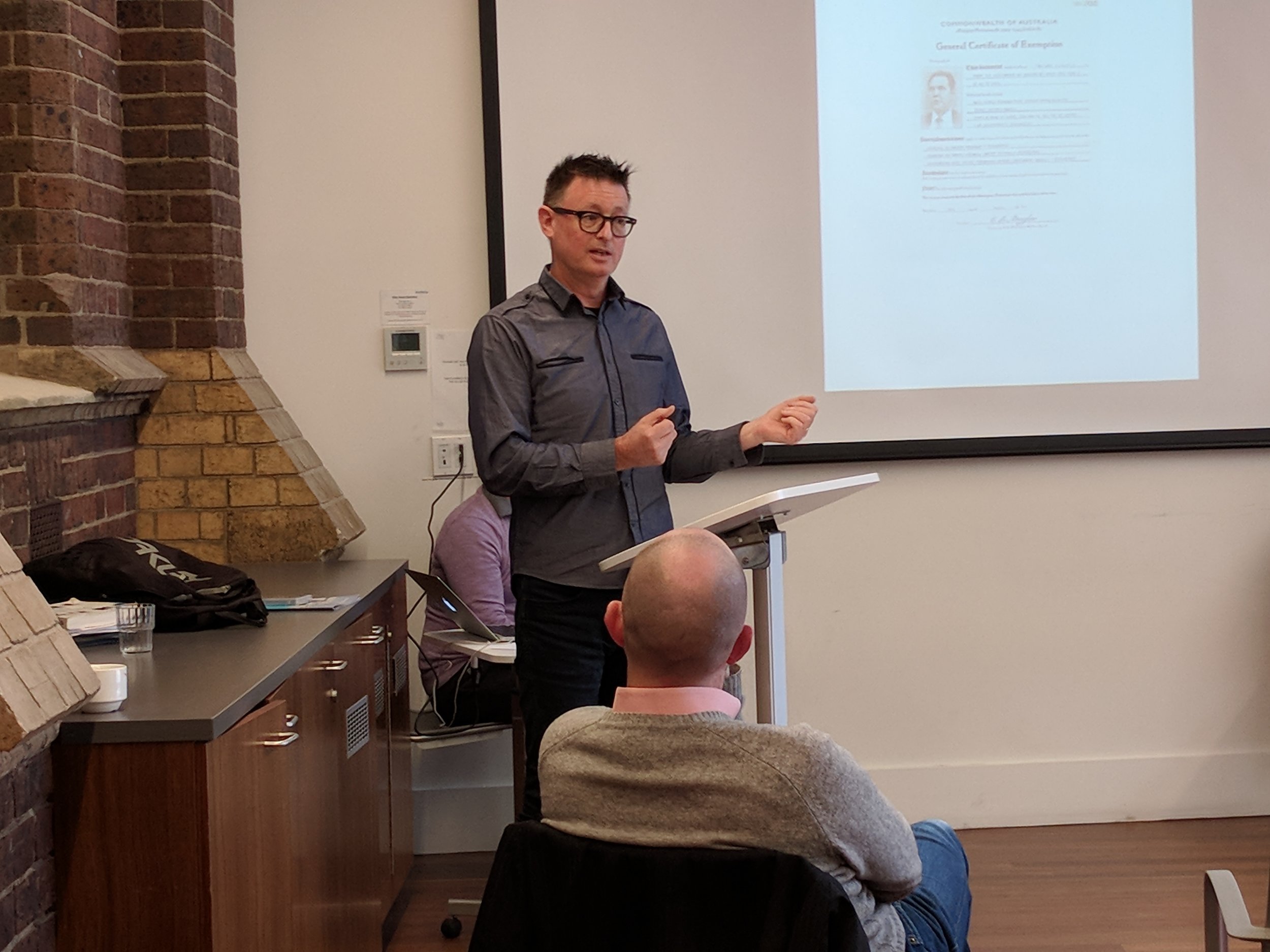Last post we opened up the question of how many characters there are in the gospel narrative - the great victory that God has won in Jesus Christ.
For many, the answer, at least functionally, is three - God, humanity and Jesus.
But we noticed that this produced 2 sets of problems. First, it limits the purpose and destiny of human beings simply to ‘relationship with God’, since there simply is nothing else for human beings to do. Of course, ‘relationship with God’ is wonderful, but as we’ll see, it's not everything. After all, Adam had God in perfect relationship, and yet it was not good for him to be alone.
Second, three characters means that sin is located and exhausted in humanity - and yet, we know that post-fall human beings remain in the image of God.
So how many characters are there in the gospel?
Biblically, the answer is five. So what are the other 2 characters?
The first is the world. And there are two things to say about the world as a character. On the one hand, the world means that there is another aspect of humanity's purpose and destiny - to steward the world. Importantly, this guards us against falling into any kind of gnosticism, or spiritualised vision of the gospel. As an expression of relationship with God, we were created to have dominion over creation; and we have been redeemed to be restored to that dignity, which will be fulfilled in the restored creation. On the other hand, it’s worth nothing that the world is entirely a victim in relation to sin, and hence will be unambiguously restored, freed from its bondage to decay, to share the freedom of the glory of the children of God.
Which leads to the other character - Evil (with a capital ‘E’). It’s interesting that in our secularised and ‘disenchanted’ Western culture, we find this so easy to forget. But for Jesus, one way to define his mission was to bind the strong man and plunder his goods - that is rob the Evil One of that which he had enslaved, including us!
Again, notice that the Evil One is entirely an agent of sin, and so the lake of fire is that destiny for the Evil One, without any question.
Which raises the question, where does humanity stand in relation to sin - victim or agent / perpetrator? And what difference does all this make?
We’ll come to these issues in the next post.
Andrew Katay










